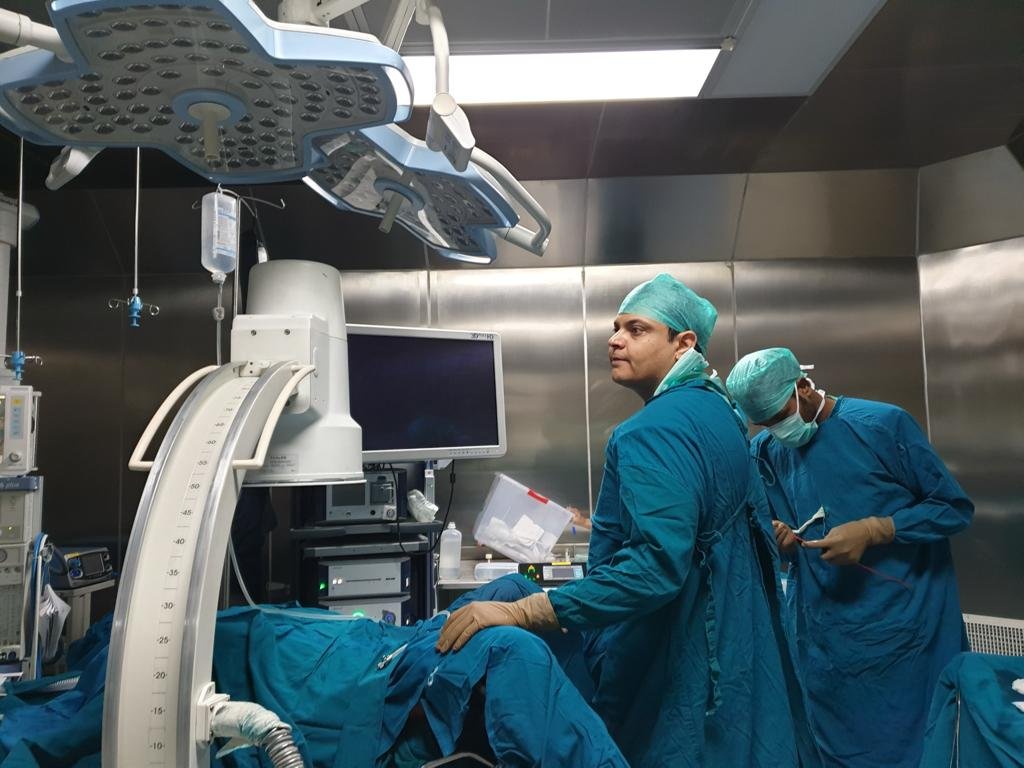Laparoscopic Surgery
- Home
- Laparoscopic Surgery
What is Laparoscopic Surgery?
Laparoscopic surgery is a modern surgical technique where operations are performed through small incisions using a camera and specialized instruments. This method is less invasive than traditional surgery, leading to several patient benefits.
Importance of Laparoscopic Surgery in Urology
In urology, laparoscopic surgery is widely used to treat conditions affecting the kidneys, bladder, prostate, and other parts of the urinary system. This technique allows urologists to perform delicate procedures with minimal impact on the patient’s body.
Common Laparoscopic Procedures in Urology
-
Laparoscopic Nephrectomy:
Removing a kidney or a part of it due to cancer or other conditions.
-
Laparoscopic Pyeloplasty :
Repairing blockages in the urinary tract.
Prostate Surgeries
-
Laparoscopic Prostatectomy :
Removing the prostate gland, often used to treat prostate cancer.
Bladder Surgeries
-
Laparoscopic Cystectomy :
Removing the bladder partially or entirely due to bladder cancer.
Adrenal Gland Surgeries
-
Laparoscopic Adrenalectomy :
Removing adrenal glands affected by tumors.
Benefits of Laparoscopic Surgery in Urology
-
Less Pain :
Smaller incisions cause less postoperative pain.
-
Faster Recovery :
Patients can return to their daily activities more quickly.
-
Minimal Scarring :
Small cuts lead to less noticeable scars.
-
Lower Risk of Infection :
Smaller wounds reduce the chances of infection.
